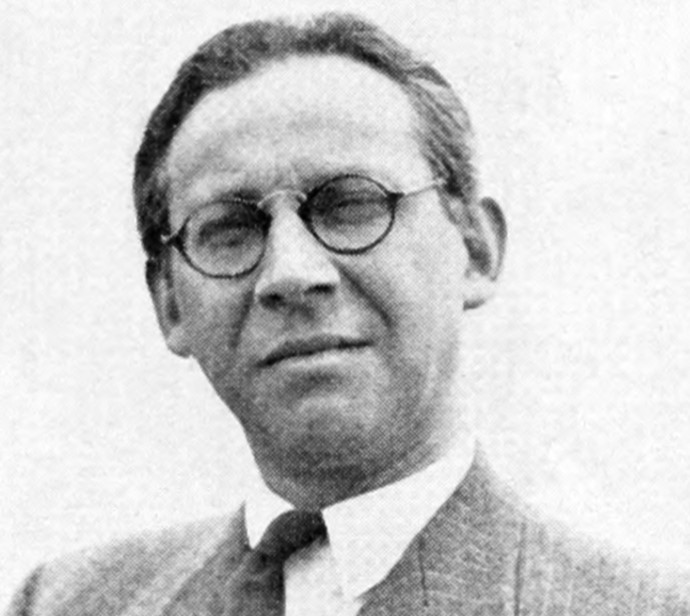How did a boy from a Hungarian village become Hollywood royalty?
Pusztatúrpásztó, the neighbourhood of a small country town called “Túrkeve” in East Hungary, saw the birth of three boys in the late 19th century—Zoltán, Vince and Sándor. Little did anyone know, one of them, Alexander Korda (born Sándor László Kellner), would rise to become a Hollywood legend.
Early years and silent beginnings
Born in 1893, Alexander Korda’s childhood in Hungary took a turn when, after an eye infection, he was exempted from military service due to poor eyesight. He was a small child when his father died unexpectedly. The family moved to Kecskemét, but he wanted to get away from his abusive grandfather as soon as possible and left for Budapest, Tudás.hu writes. Korda began writing film reviews to support his family. He also changed the family name, deriving the new name Korda from the Latin phrase “sursum corda” (“lift up your hearts”).
His film career began by bringing literary works to the silent screen, including “Man of Gold” and “The Stork Caliph”. In 1917, he bought the Corvin Film Factory and, together with his business partner, founded their film enterprise on the property at Róna Street, which became the citadel of Hungarian film production. He directed one of the first Hungarian films to be shown abroad, “White Nights”.
Journey from Vienna to Hollywood
After navigating the tumultuous post-World War I period in Hungary, Korda ventured to Vienna, then Berlin, before landing in Hollywood by 1927. A shift to London in 1931 marked the foundation of London Films, where Korda directed hits like “The Private Life of Henry VIII” and produced successes like “Jungle Book” and “Richard III”.
Korda’s personal life was as dramatic as his films. A divorce in 1930 from his first wife, an actress, led to a string of relationships, including marriages to world star Merle Oberon and a younger woman. Following his professional achievements, he led an opulent life. As Michael Korda, one of his nephews, recalls in his memoirs, when he travelled, his legendary black Rolls-Royce Silver Shadow would take him directly to the steps of the plane.
Hungarian traditions in high society
Despite their global success, Korda and his brothers clung to their Hungarian roots. Sándor, although he left Hungary for a cosmopolitan life, held on to his culinary heritage. Until his death, he remained devoted to Hungarian traditions, speaking languages with a distinctive Hungarian accent. At receptions, his eccentricity shone as he pulled out a knife, sliced salami and enjoyed it amidst the elegance. Even Vincent, sipping champagne from old jam jars, added a touch of simplicity to the refined French drink. Hungarianness, in both taste and mannerisms, endured in the Korda brothers’ lives.
Legacy of Hollywood royalty
Korda’s films, including the controversial “Lady Hamilton,” left an indelible mark on cinema history. Despite objections from American censors, the film achieved global success, even in Soviet Leningrad during a blockade. Churchill’s admiration earned Korda a knighthood, and he remains immortalised in the Korda Film Studios in Etyek.
Final act
Sir Alexander Korda passed away in London at 62, leaving behind a legacy that echoes in the British Film Academy’s award for outstanding films and the Korda Film Studios. From a small village in Hungary to the steps of Hollywood and beyond, Korda’s journey is a testament to the transformative power of cinema.
Read also:
- These famous Hungarians conquered the whole world!
- You might not believe that these things were invented by Hungarians!
Source: Tudás.hu
please make a donation here
Hot news
German software company Evosoft invests €8.7 million in a new R&D project in Hungary
What Are The Job Prospects For English Speakers In Hungary?
What happened today in Hungary? – 6 May, 2024
MEP Dobrev: Orbán cabinet pulling country ‘downwards’
Great business development ahead for SE Hungary, says Minister Lázár
Representatives of the Bavarian Christian Social Union in Budapest





1 Comment
He was lucky to have emigrated after WWI because he would not have fared well in Hungary afterward given his heritage.